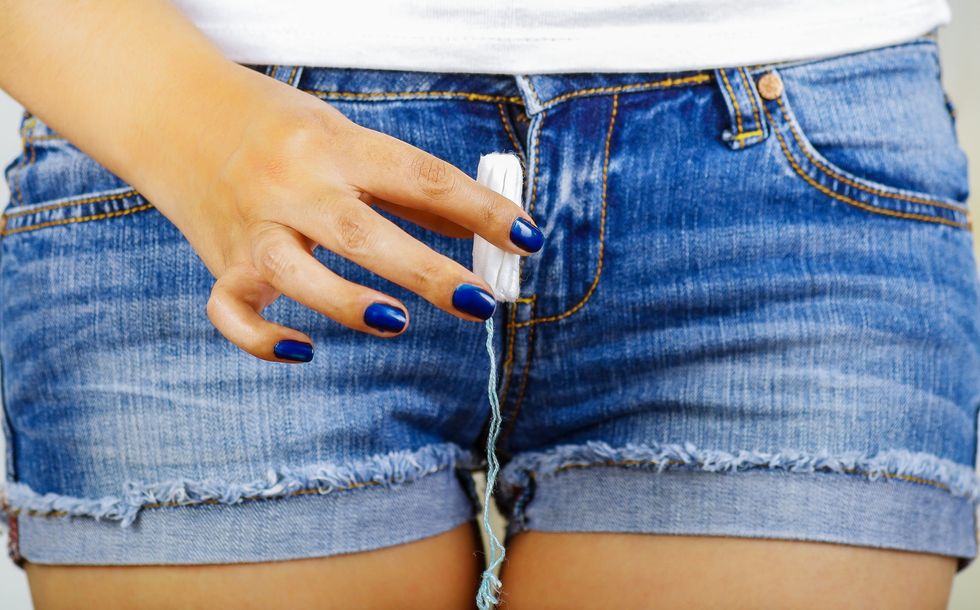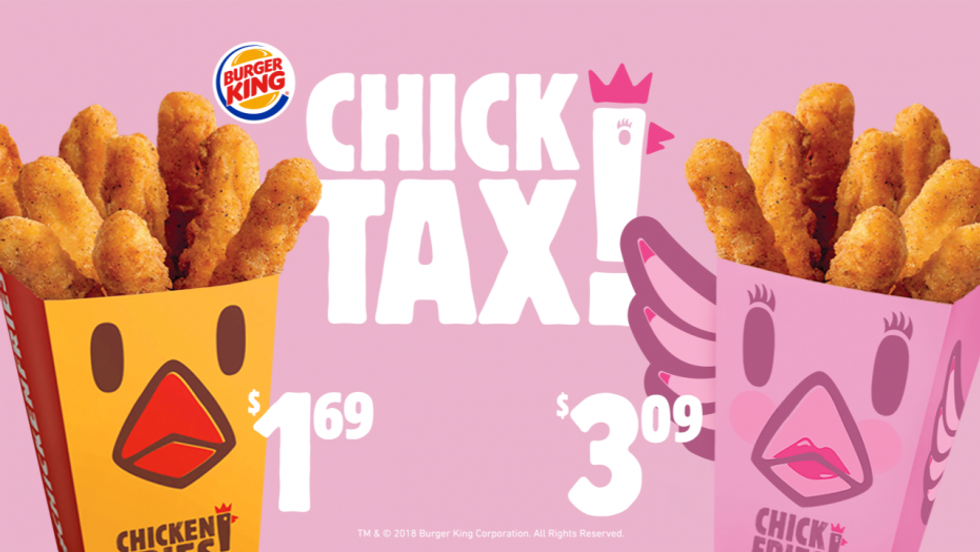After reading the title of this article you're probably thinking one of two things: "What in the world is The Pink Tax?" or "I've heard of the Pink Tax, but I'd still like to learn some more about it."
Well, you've come to just the right place. Let's start off with the basics and move from there.
The Pink Tax is another name for the extra amount of money that women pay for goods and services. Yes, women are being charged more for products that both men and women buy, simply because they're marketed towards women. The Pink Tax applies to many personal care products, clothing, toys, services, health products, and accessories.
Let me give you an example: a package of women's sensitive skin razor refills would cost $12.79 at Target, while the exact same package for men would run them $11.39 at the same store. The only major difference between these two packages of razors is that the women's product is marketed for women, while the men's product is marketed toward men. And do you know what the craziest part is? Both of these products can accomplish the exact same job!
Here's another aggravating one just in case you didn't already know: feminine hygiene products have sales tax applied to them because they are "luxury items." I am pretty sure that most women would not consider their period to be a luxury, and most women would opt to not have a period if they could. Women are already paying more for pads/tampons than men simply because men don't require any. To take it a step further, women are now being charged more on top of that because apparently, the hygienic disposal of the uterine lining is a luxury.
I think the reason why this is all the more irritating is that women already make less money on average than their male counterparts due to our friend the wage gap. So, women make less and then spend more to get the exact same goods/services as men? I think not. I mean think of all the extra money that women have been spending without even realizing it. All of that extra cash could've helped them achieve their education goals, take a vacation, build a comfortable retirement fund, or donate to charity.
The discrimination doesn't end at personal care products; the pink tax is also present when it comes to services like vehicle repair/maintenance, dry cleaning, and many other things that all humans spend money on.
Although this sounds like some sort of made up phenomena that was created to give women something else to complain about, this is completely real and happening every single day. The Pink Tax is so real that Burger King stepped in to share a message about the idiocy behind it. Burger King called attention to the inequality by marketing their famous chicken fries in pink packaging and calling them "Chick Fries." In their satirical advertisement, the Chick Fries were being sold for $3.09, while the regular chicken fries in yellow packaging were being sold for $1.69.
The commercial featured men and women buying the same product and showed the women being charged more. The women obviously protested the price increase, and the Burger King employee confronted them with a beautiful line "When you go into the drugstore and pay $2 more for the same thing, do you say something then?" The pink Chick Fries (which are actually $1.69, not $3.09) are being sold starting July 26th until supplies run out.
So now that we know what the Pink Tax is, what can we do to fight it? For starters, us women can stop buying "pink" razors, shaving cream, lotion, socks, and toys. We can do our research on products and find out which products are included in the pink tax. We can use our voices to reach out to brands and company that proliferate the pink tax, and demand change. We can boycott brands. We can support the Pink Tax Repeal Act in Congress by telling our representatives about our opinion on the issue (Thanks to Rep Speier from California for introducing this super necessary bill!)
Throughout history women have fought for the right to vote, own land, file for divorce, manage our own reproductive systems, drive cars, and attend school. So, why not start fighting for equality in consumerism, too?


















